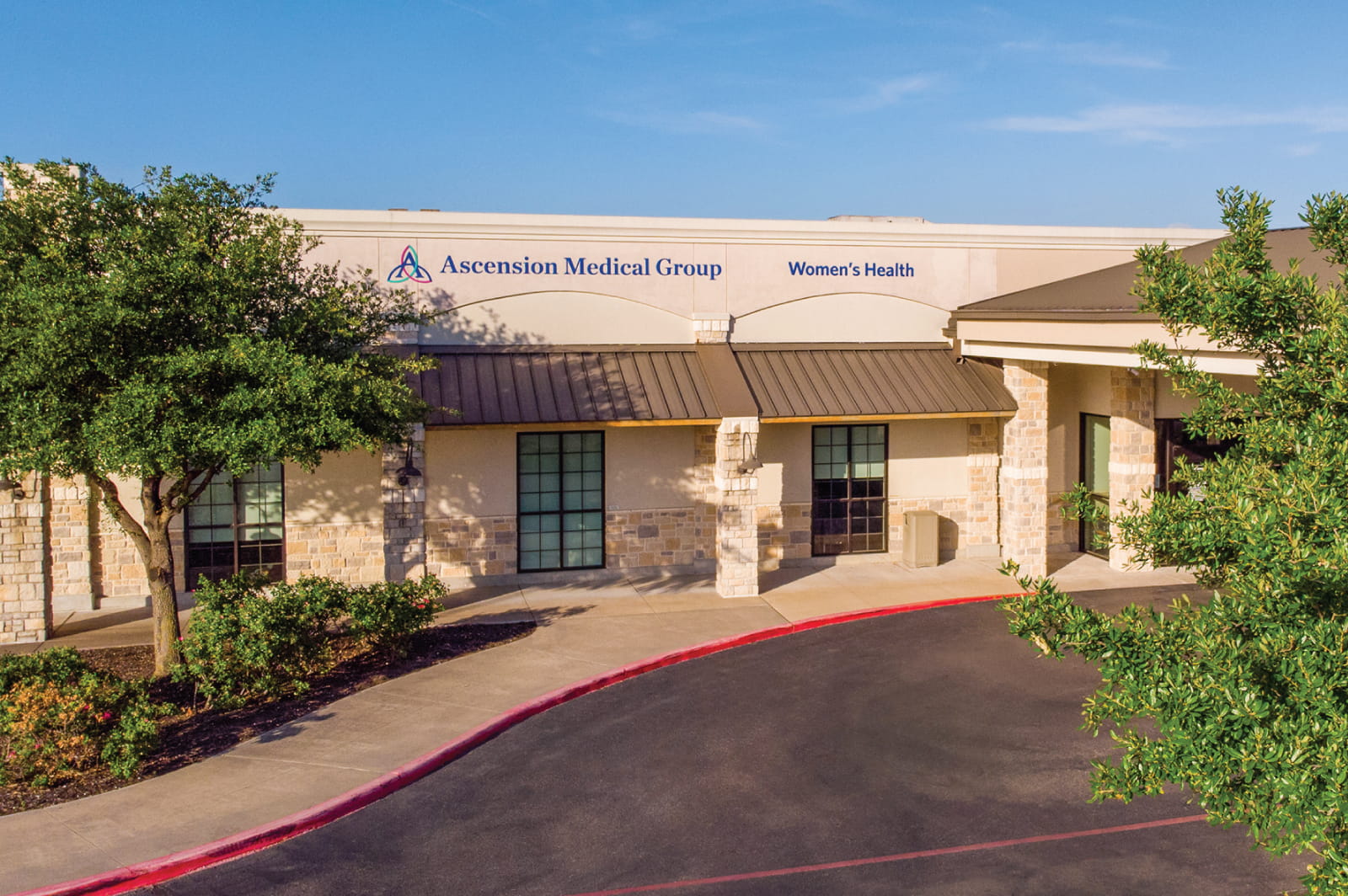This entity makes recommendations for all aspects of women’s care.
Currently, an annual visit with a gynecologist is recommended starting between the ages of 13 to 15 years. This first visit is mainly to talk and go over information about medical and family history, menstrual history, vaccination history and sexual history, if applicable. If an exam is performed, it is usually a general medical exam and does not include a pelvic exam. In this way, young patients are allowed to build a relationship with the doctor prior to potentially difficult situations, such as the need for sexually transmitted disease testing or the need for contraceptive counseling.
Recommended Pap Smear Schedule and Ages
Pap smears begin at age 21 and are performed every three years between age 21 and 29, as long as results remain normal. For women age 30 to 65, Pap smears can be done every three to five years depending on history and HPV (human papilloma virus) status. Women over 65 and those who have had a hysterectomy for reasons other than cancer or pre-cancer of the cervix no longer need Pap smears. These represent the newest guidelines and are the result of our greater understanding in the role HPV plays in cervical cancer.
In spite of these changes, an annual exam is still recommended for all women. Breast exams become increasingly important with age. Other issues are discussed at each yearly check-up, depending on a woman’s stage of life: sexual disease screening, birth control, fertility/infertility issues, abnormal or heavy periods, pelvic pain, menopausal symptoms and management, sexual dysfunction, etc. It is extremely important to continue annual exams and receive Pap smears, mammograms and bone density testing at the appropriate intervals.

